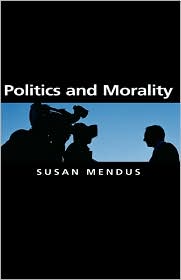BOOK SUMMARY - THE CODE FOR GLOBAL ETHICS: TEN HUMANIST PRINCIPLES - by Rodrigue Tremblay (2010)
Global warming, nuclear proliferation, economic instability and terrorism inspired by religious and cultural tensions are the dominant issues facing the world today. There is thus a need to provide a humanist code for establishing the moral foundations for a just and peaceful global community.
Professor Rodrigue Tremblay, an economist and former Minister of Industry and Trade in the Government of Quebec awarded the prestigious Condorcet Prize of political philosophy in 2004, proposes these ten principles to capture the essence of the human ideals needed for us to face the future.
The ten principles are as follows:
1. Proclaim the natural dignity and inherent worth of all human beings.
2. Respect the life and property of others.
3. Practice tolerance and open-mindedness towards the choices and life styles of others.
4. Share with those who are less fortunate and mutually assist those who are in need of help.
5. Use neither lies, nor spiritual doctrine, nor temporal power to dominate and exploit others.
6. Rely on reason, logic and science to understand the Universe and to solve life's problems.
7. Conserve and improve the Earth's natural environment - land, soil, water, air and space - as humankind's common heritage.
8. Resolve differences and conflicts cooperatively without resorting to violence or to wars.
9. Organize public affairs according to individual freedom and responsibility, through political and economic democracy.
10. Develop one's intelligence and talents through education and effort.


